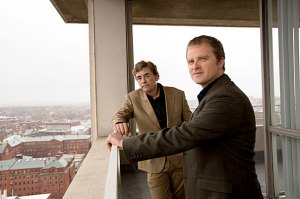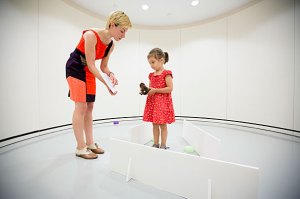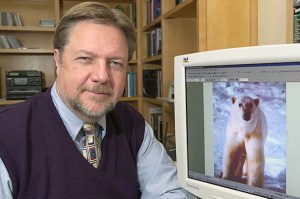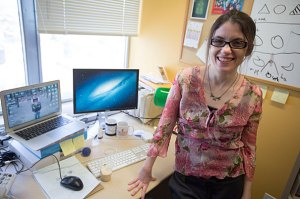Tag: Psychology
-
Health
Ellen Langer’s state of mindfulness
Professor Ellen Langer once apologized when she bumped into a mannequin, the kind of automatic, mindless response she says robs us of the benefits of being mindfully engaged in day-to-day…
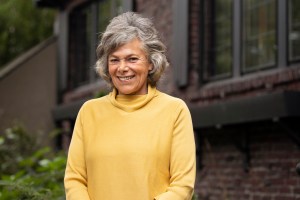
-
Science & Tech
How to defend against your own mind
Harvard psychology chair Mahzarin Banaji is working with a research fellow to launch a new project called “Outsmarting Human Minds.”
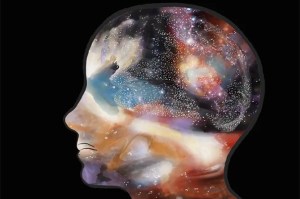
-
Science & Tech
Research may provide the tools to create better schools
Harvard and MIT study reveals that cognitive science field experiments are critical to understanding human learning and education.
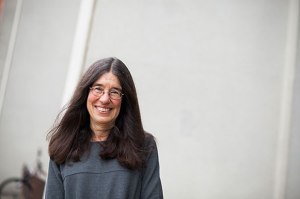
-
Campus & Community
Lessons of self-care, while caring for others
Cheryl A. Giles, the Francis Greenwood Peabody Senior Lecturer on Pastoral Care and Counseling, has been counseling and educating young people for more than 30 years.

-
Health
The parrot knows shapes
Despite a visual system vastly different from that of humans, tests showed the bird could successfully identify both Kanizsa figures and occluded shapes. The findings suggest that birds may process visual information in a way that is similar to humans.

-
Health
Against suicide, a century of little progress
Matthew Nock, a psychology professor, talked to the Gazette about a recent federal report showing a sharp rise in suicide in the United States.

-
Science & Tech
For groups in conflict, genes matter
Visiting professor Sasha Kimel examined whether information about genetic links can influence groups in conflict.

-
Campus & Community
Ellen Langer joins group of geniuses
Ellen Langer, professor of psychology, is among the 2016 recipients of the Liberty Science Center Genius Awards.

-
Science & Tech
Study that undercut psych research got it wrong
A study last year claiming that more than half of all psychology studies cannot be replicated turns out to be wrong. Harvard researchers have discovered that the study contains several statistical and methodological mistakes, and that when these are corrected, the study actually shows that the replication rate in psychology is quite high.
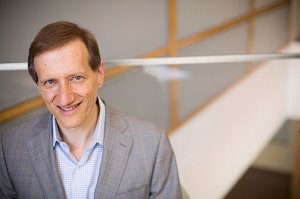
-
Nation & World
Bent toward violence
Harvard psychiatrist Ronald Schouten answers questions on the San Bernardino attack and the psychology behind both terrorism and the fear it spreads.

-
Science & Tech
Pinpointing punishment
It’s a question most attorneys wish they could answer: How and why do judges and juries arrive at their decisions? The answer, according to Joshua Buckholtz, may lie in the…
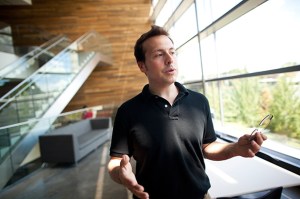
-
Science & Tech
Cooking up cognition
A new study suggests that many of the cognitive capacities that humans use for cooking — a preference for cooked food, the ability to understand the transformation of raw food into cooked, and even the ability to save and transport food to cook it — are shared with chimpanzees.

-
Science & Tech
Understanding common knowledge
A new study examines how different kinds of shared beliefs can affect how people cooperate, and how people use common knowledge, a type of shared understanding, to coordinate their actions.
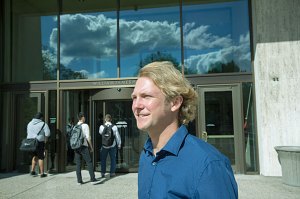
-
Science & Tech
Fighting unfairness
A new study by Harvard scientists suggests that, from a young age, children are biased in favor of their own social groups when they intervene in what they believe are unfair situations. But as they get older, they can learn to become more impartial.
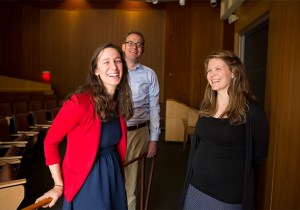
-
Campus & Community
‘What could be more interesting than how the mind works?’
Interview with Professor Steven Pinker as part of the Experience series.
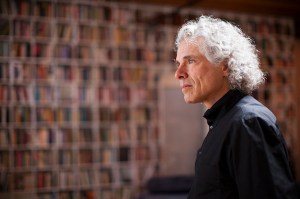
-
Health
Fair-minded birds
New research conducted at Harvard demonstrates sharing behavior in African grey parrots.
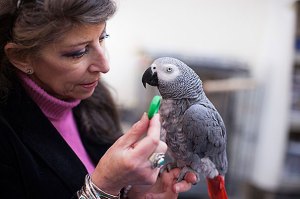
-
Science & Tech
Hierarchical differences
Female academics are less likely to collaborate across rank, a Harvard study found.
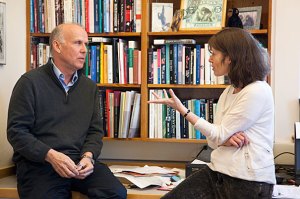
-
Science & Tech
Love, it’s a battlefield
With the approach of Valentine’s Day, Harvard experts discuss expectations and students reveal their plans.

-
Science & Tech
Muting the Mozart effect
Though it has been embraced by everyone from advocates for arts education to parents hoping to encourage their kids to stick with piano lessons, two new studies conducted by Harvard researchers show no effect of music training on the cognitive abilities of young children.

-
Health
Polly want a vocabulary?
Irene Pepperberg, best known for her work with an African grey parrot named Alex — whose intelligence was estimated as equal to that of a 6-year-old child — recently relocated her lab to Harvard, where she continues to explore the origins of intelligence by working with birds.
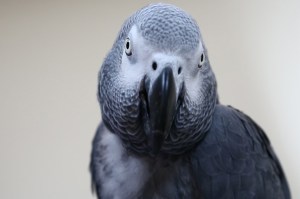
-
Science & Tech
Dirty deeds, deconstructed
New studies co-authored by Harvard Business School Professor Francesca Gino find that, contrary to decades of accepted wisdom, cheating feels good.
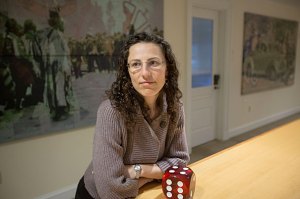
-
Science & Tech
What’s in a face?
Using scans of the brain, Harvard researchers show that patterns of neural activity change when people look at black and white faces, and male and female faces.
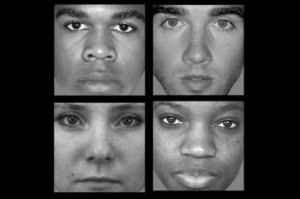
-
Science & Tech
Advancing science and technology
The National Science Foundation is awarding grants to create three new science and technology centers this year, with two of them based in Cambridge. The two multi-institutional grants total $45 million over five years.

-
Science & Tech
Biases that can blind us
Psychology Professor Mahzarin Banaji gave incoming members of Harvard’s Class of 2017 a tour of their own biases, helping to raise awareness that can help them avoid making decisions based on unconscious preferences.
-
Campus & Community
Psychology professor wins Taube Award
H. Stephen Leff, an assistant professor of clinical psychology in the Department of Psychiatry at Harvard Medical School, has received the Carl Taube Award from the American Public Health Association.
-
Health
Mourning that vexes the future
In a new paper, Professor of Psychology Richard McNally and graduate student Don Robinaugh say that while people suffering from complicated grief — a syndrome marked by intense, debilitating emotional distress and yearning for a lost loved one — had difficulty envisioning specific events in their future, those problems disappeared when they were asked to…
